About Us
- About Us
Helping Business Grow
At AEE, we specialise in creating high-impact custom training and consulting solutions that are grounded in academic rigour and practical application. Founded in November 2021, AEE combines over 40 years of experience from senior academics and enterprise specialists dedicated to transforming insights into actionable strategies.
Our mission is simple yet powerful: to bridge the gap between theory and practice. We deliver tailored strategies, tools, and learning experiences that drive measurable results. We collaborate directly with leading academics and industry practitioners to develop bespoke solutions that address the unique needs of our clients, whether that involves business strategy, digital transformation planning, or custom training programs.
What sets AEE apart is our commitment to accessibility and relevance. We don’t just consult—we co-create. Our team works closely with you to design solutions that are agile, effective, and aligned with your organisation’s objectives. From enterprise consulting to accredited training offered on our virtual campus, AEE provides a flexible and responsive model centred around your success. We work across various sectors, empowering businesses, public bodies, and individuals to thrive through innovative, research-informed interventions.
At AEE, enterprise meets education, and strategy becomes action.
Mission Statement:
To provide custom enterprise solutions that facilitate business growth.
Vision Statement:
To provide industry with bespoke enterprise solutions designed by academic specialists.
Value Statement:
To prioritise integrity, honesty, and transparency in all our interactions with partners.
- Our Ethos
AEE’s ethos is a testament to our core principles, shaping our identity and purpose. Grounded in transparency, trust, and a commitment to challenging norms, we embrace a bold philosophy that is both ambitious and people-centric. With a mission to revolutionise the status quo, we prioritise practical application, bridging theory and real-world practice, and hold diversity, openness, honesty, integrity, and equality at the forefront of our learning environment. Our dedication to project delivery excellence, coupled with a profound understanding of enterprise education, ensures a transparent and trustworthy experience. At AEE, our ethos goes beyond values; it is a pledge to cultivate wisdom, empowerment, and a transformative educational journey for our students and partners alike.
- Our Offer
AEE delivers enterprise and education solutions tailored to the unique needs of clients across industry, academia, and the public sector. Our model offers direct access to leading experts and practical, research-informed support—spanning strategic consultancy, executive education, programme design, and capacity building.
- Our Clients
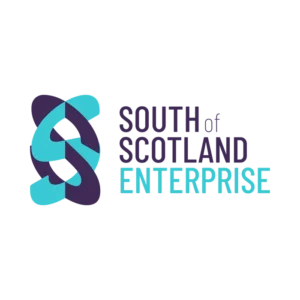


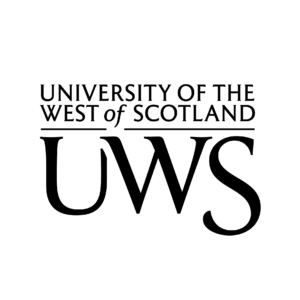

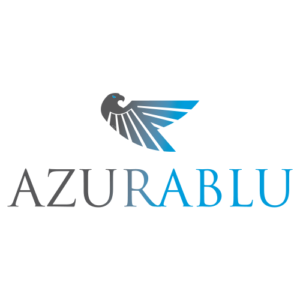
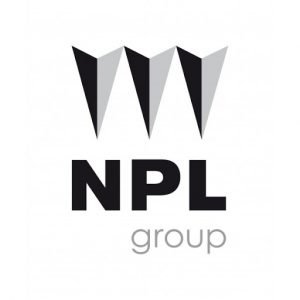
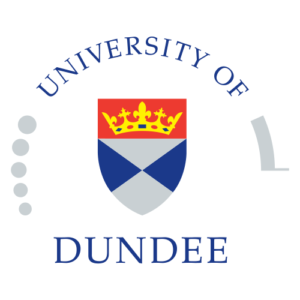
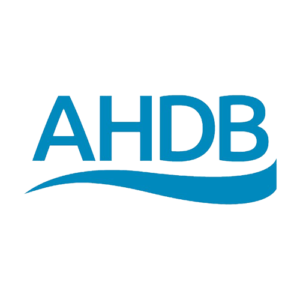
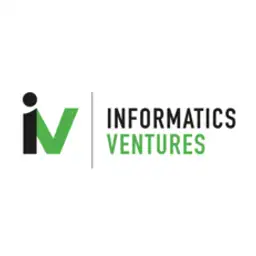

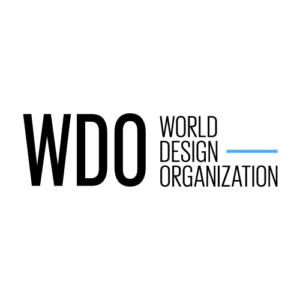
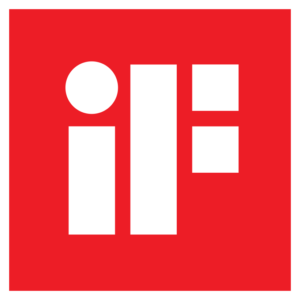
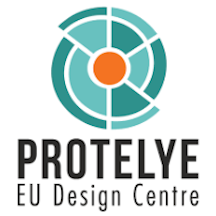
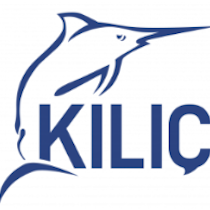
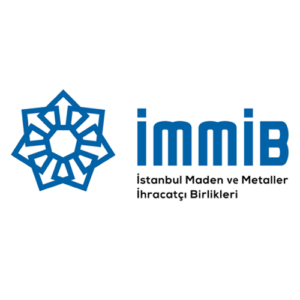
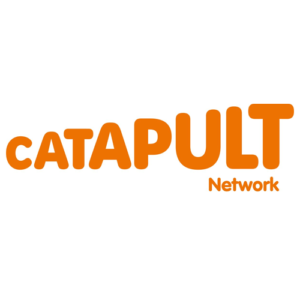
- Our Team

Dr Julie McFarlane
Start-Up Specialist

Dr Kyle Andrews
Markting Specialist

Beyza Baran Msc
IP Specialist

Dr Rodrigo Vega
Digital Specialist

Dr Alastair Watson
Academic Specialist

Brian Higgins
Cyber Specialist

